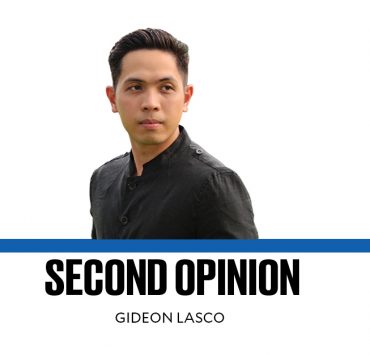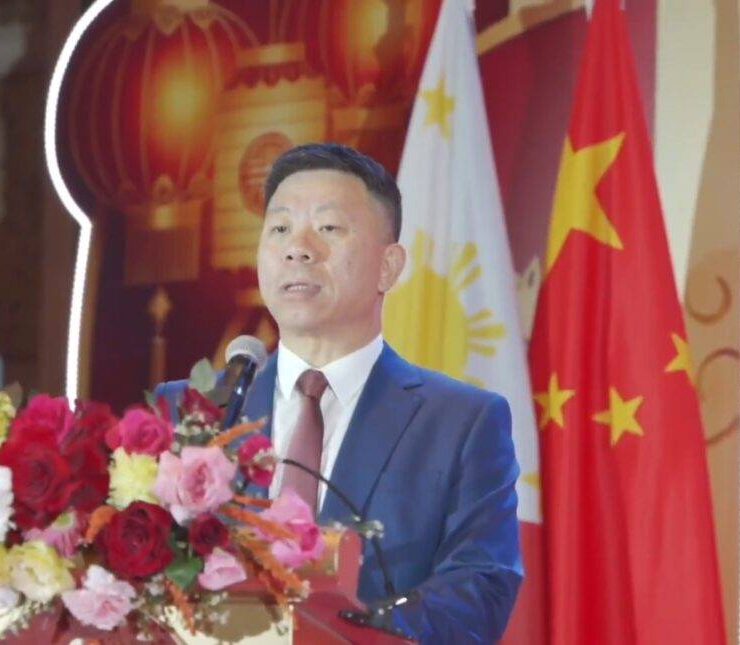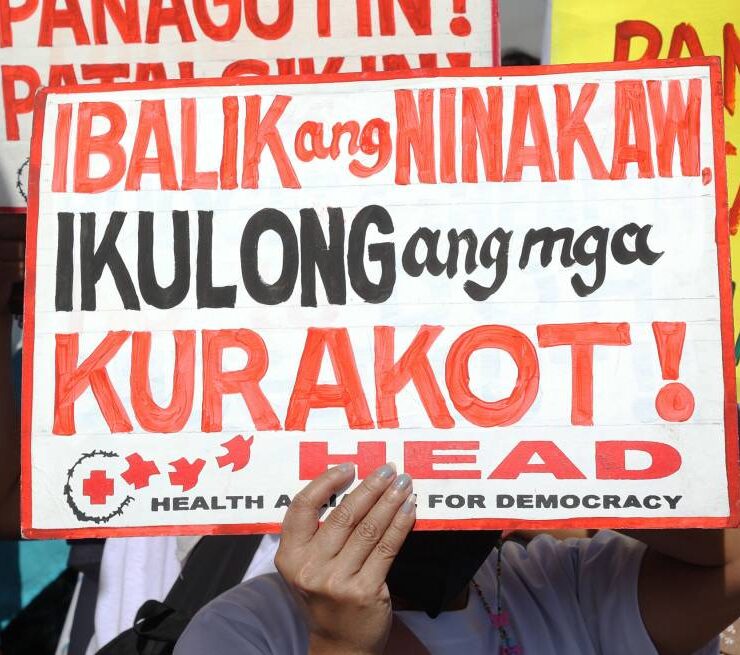Tradition versus transparency

Respect for tradition has always been a proud part of Filipino culture, providing a sense of continuity and the comfort of the familiar. Shared traditions meanwhile build social cohesion that boosts the sense of belonging and kinship in a community.
Citing respect for tradition, three lawmakers last week urged their colleagues to accord Vice President Sara Duterte proper respect “as the second highest official” of the land whose budget should be approved automatically, without question nor further fuss.
Sen. Jinggoy Estrada said the Senate would uphold the “time-honored tradition” of respecting the President’s and Vice President’s budget by assuring their speedy approval.
“Remember, she is the second highest official in the country. She deserves some respect and dignity,” said Estrada, adding that he “will try to restore the [Office of the Vice President’s (OVP)] budget” to its original amount.
The House appropriations committee has slashed the OVP’s proposed budget of P2.037 billion to P733.2 million by realigning some of Duterte’s key programs to other line agencies with similar activities.
Soundly defeated
The OVP’s controversial budget also found surprising support from Sen. Joel Villanueva, who cited his experience as former Citizens’ Battle Against Corruption party list representative. “When I was [at the House of Representatives], traditions are very important to us. It may not be part of the law, it may not be part of the rules of both houses, but we always submit to the traditions of our institutions,” he said.
Sagip party list Rep. Rodante Marcoleta, a staunch ally of former president Rodrigo Duterte, meanwhile moved to terminate the deliberations on the OVP budget in “observance of that well-kept tradition: the two highest positions in government namely the Office of the President and [OVP] were duly accorded with respect,” Marcoleta said.
“What do we need her to articulate? Is there no respect for this tradition now?” he asked, referring to the Vice President’s nonappearance in the second House hearing on the OVP budget, and her refusal to answer questions on how her office had spent its previous allotments during the first hearing.
Marcoleta’s motion was, however, soundly defeated when put to a vote.
Above traditions
Tradition may have its uses, but it definitely takes a back seat to transparency and accountability, countered Alliance of Concerned Teachers party list Rep. France Castro.
“Transparency and accountability must be above traditions,” Castro said in a statement. “If not, then what we will have are just dogmas that do not serve the interest of the people but those of their oppressors.” she said, adding that it is only through House deliberations on the OVP’s previous budget that “anomalies of this magnitude had been unearthed.”
Aside from questioning the necessity of expensive satellite offices for the Vice President, the House members also brought up the Commission on Audit’s notice of disallowance (ND) issued to the OVP for part of its P125 million confidential fund in 2022 that was spent in just 11 days.
The ND against P73 million out of the P125-million confidential fund was issued for the “nonsubmission of documents [to show] the success of [the OVP’s] information gathering and/or surveillance activities” to “support … [its payment] of rewards in cash, various goods, and medicines.”
Sense of entitlement
The ND showed that aside from items that did not involve security, the Vice President used the funds to purchase “tables, chairs, desktop computers, and printers without specifying that they were intended for the confidential operations/activities undertaken by the OVP.”
Confidential funds should not have been given the OVP in the first place, argued constitutional law expert Michael Henry Yusingco, who added that the Vice President’s mandate was merely “to be ready [to take the place of the President].”
The Vice President “has no responsibility to do charity work or whatever public service that … is the job of other departments,” Yusingco added, referring to the House’s decision to assign the slashed program funds to the proper line agencies.
Given the Vice President’s dubious record in handling taxpayer money and her belligerent refusal to account for public funds that do not exactly inspire trust and confidence, the three lawmakers definitely need more convincing argument to apply traditional respect and courtesy on this case.
As it is, traditions wither away when they no longer serve the needs of changing times and circumstances, and instead become a force to fossilize outdated values. In this particular instance, the tradition of automatically passing the budget of the OVP in previous years has resulted in the abuse of discretion and lack of accountability that has, in turn, encouraged wanton and wasteful spending of the country’s limited resources.
To cite tradition over transparency in allocating public funds is to abet the sense of entitlement among officials who consider themselves above the law and beyond scrutiny. This is not respect for tradition; it is, plain and simple, complicity to corruption.





















